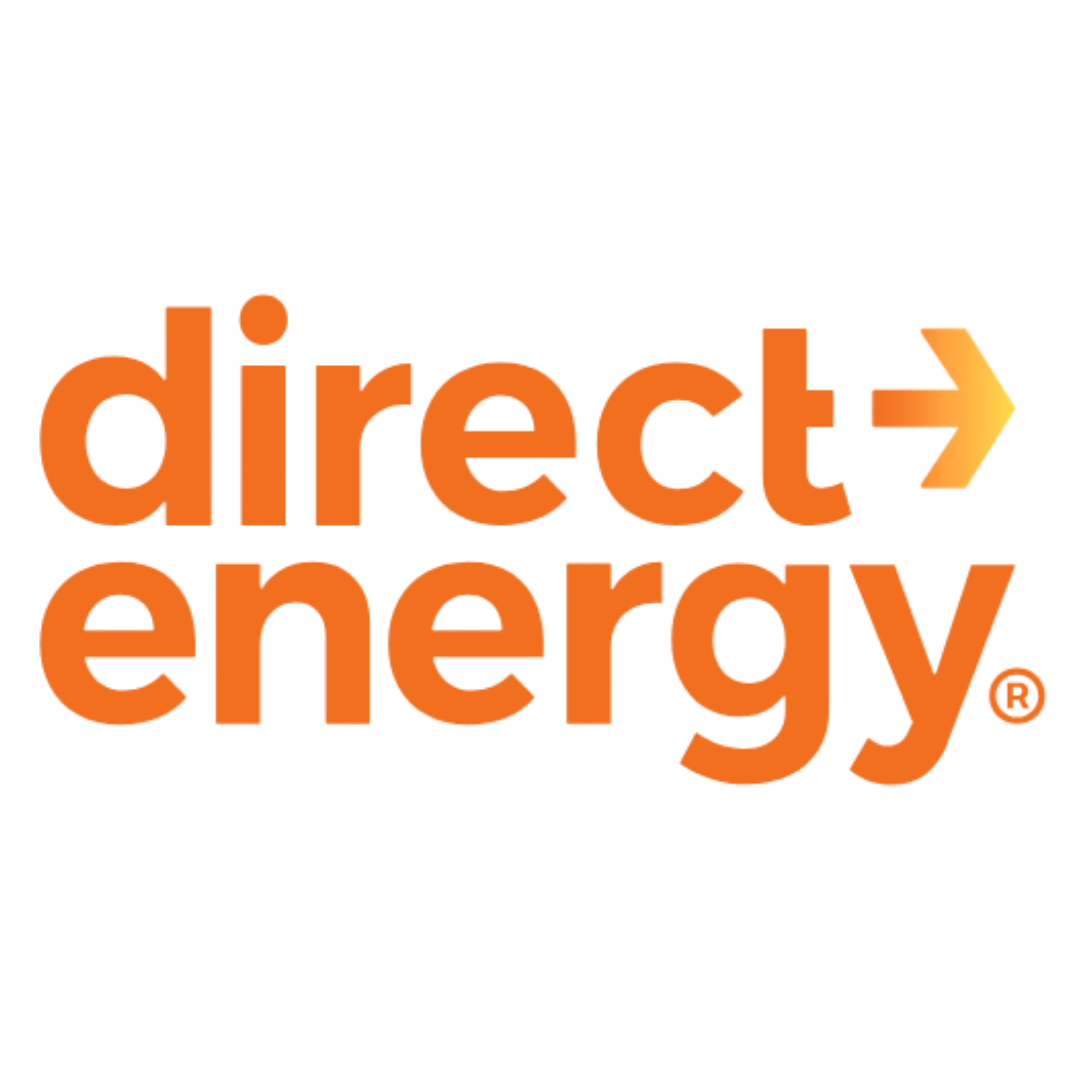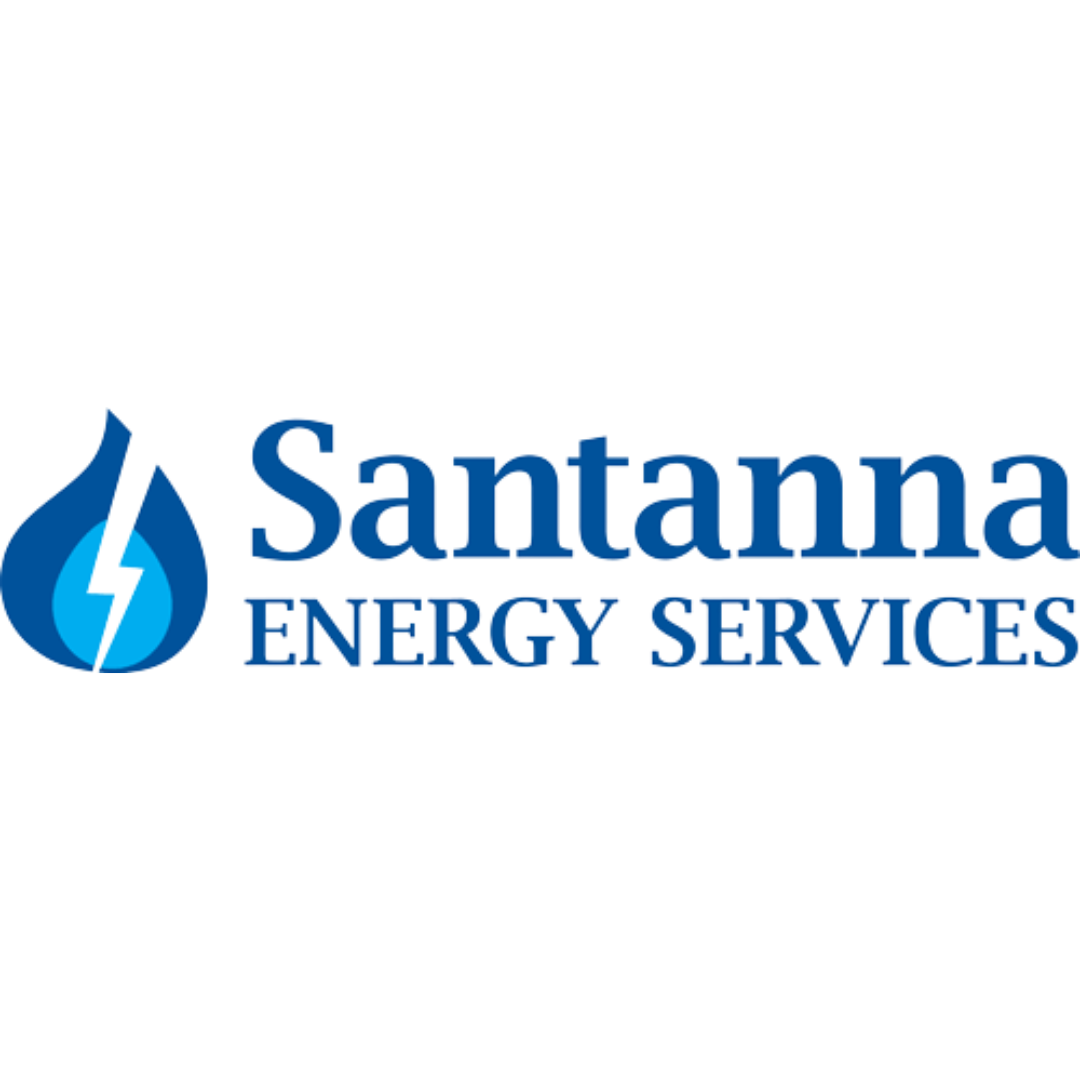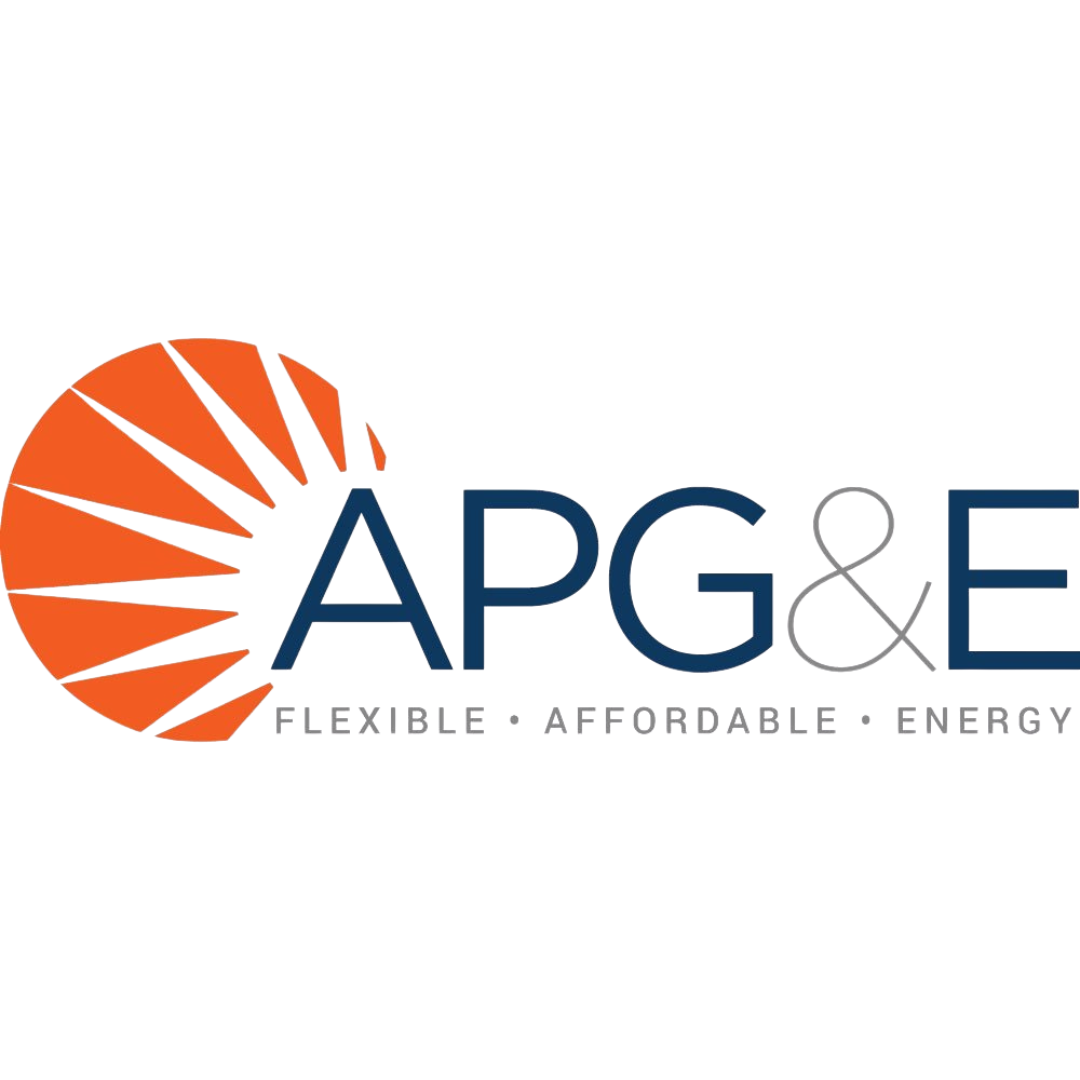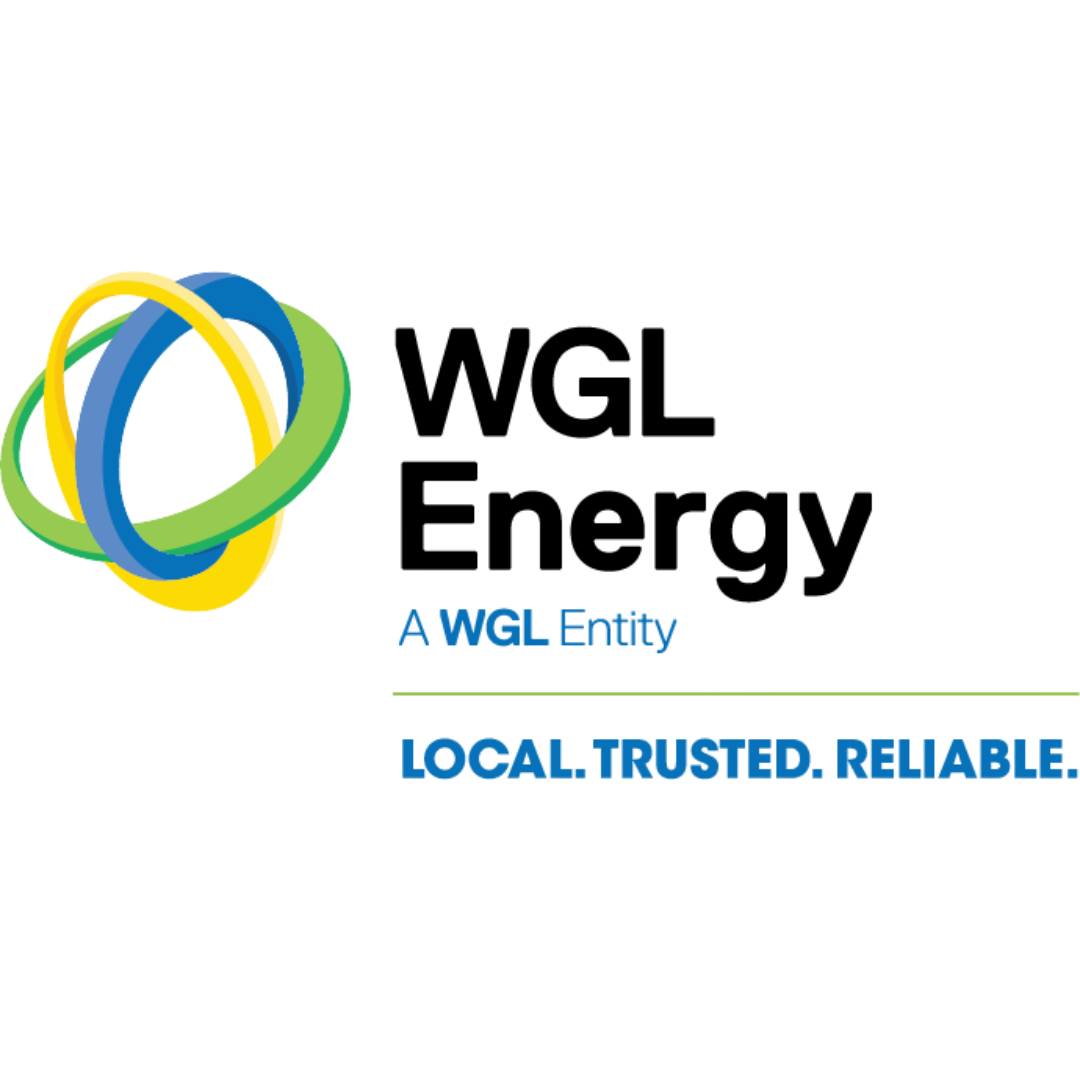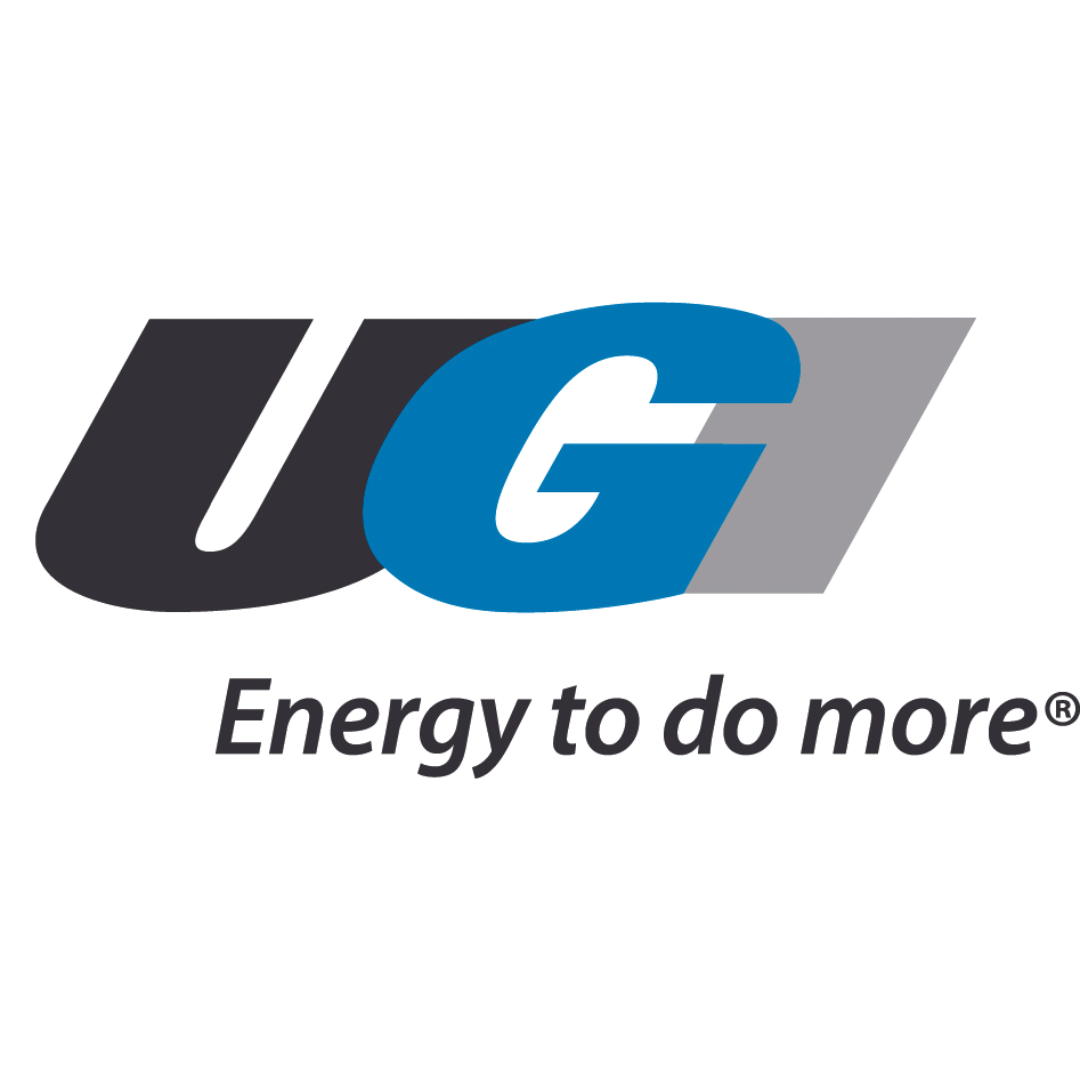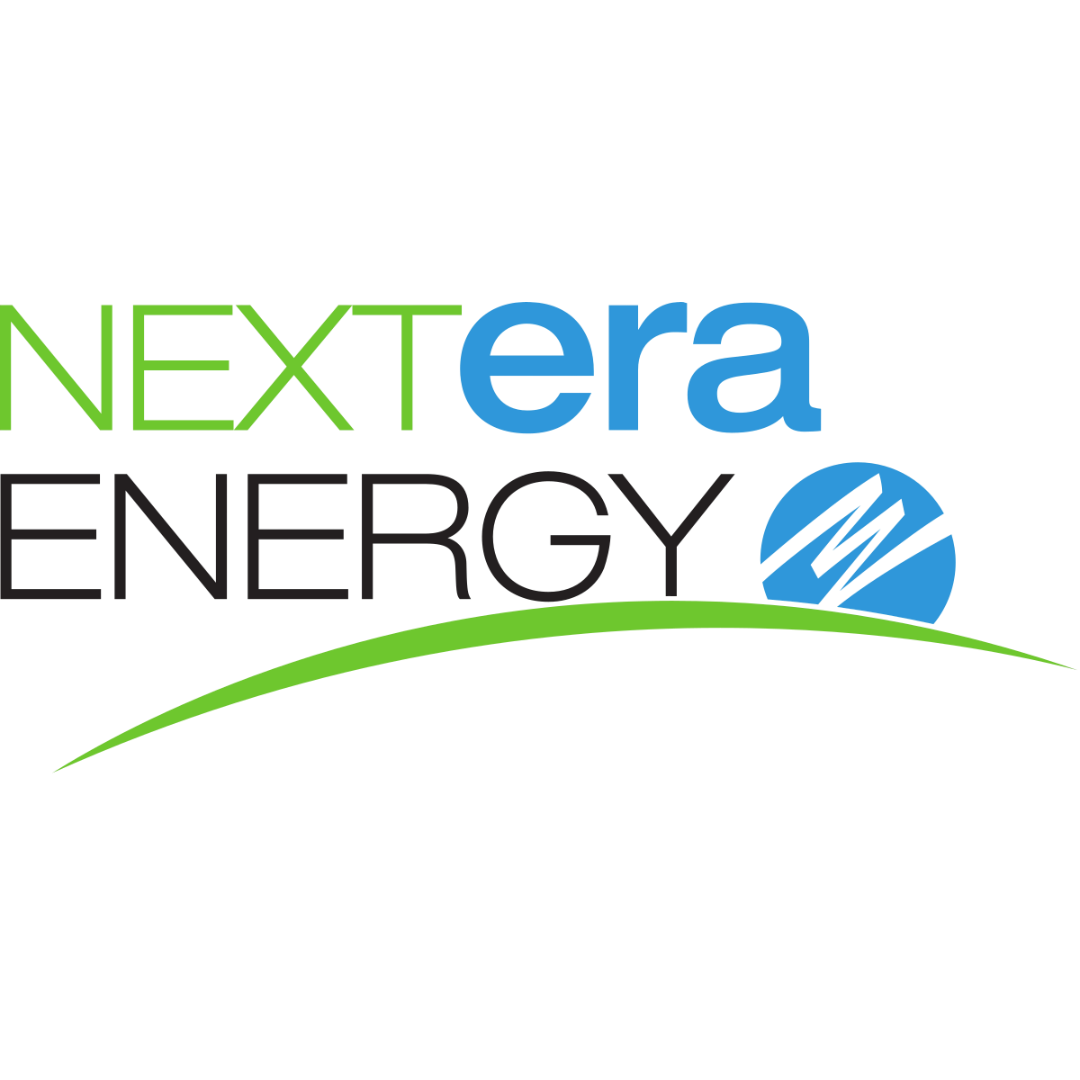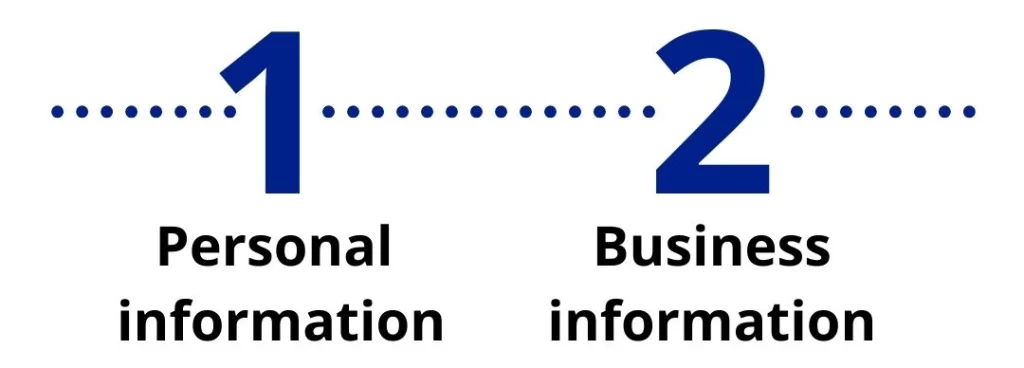Stop Overpaying for Business Electricity & Natural Gas Rates
Leverage the relationships we’ve built over the last 25 years by enrolling 519,000 businesses to get personalized, transparent, and competitive energy rates.

Stop Overpaying for Business Electricity & Natural Gas Rates
Leverage the relationships we’ve built over the last 25 years by enrolling 519,000 businesses to get personalized, transparent, and competitive energy rates.
New York’s Electricity Rates Over Time
Energy pricing has been steadily increasing over the past 20+ years and New York is no exception. Commercial rates are 52% higher than the national average. The chart below is from Nyserda.ny.gov and it shows New York’s average energy prices for commercial customers over the past 12 years.
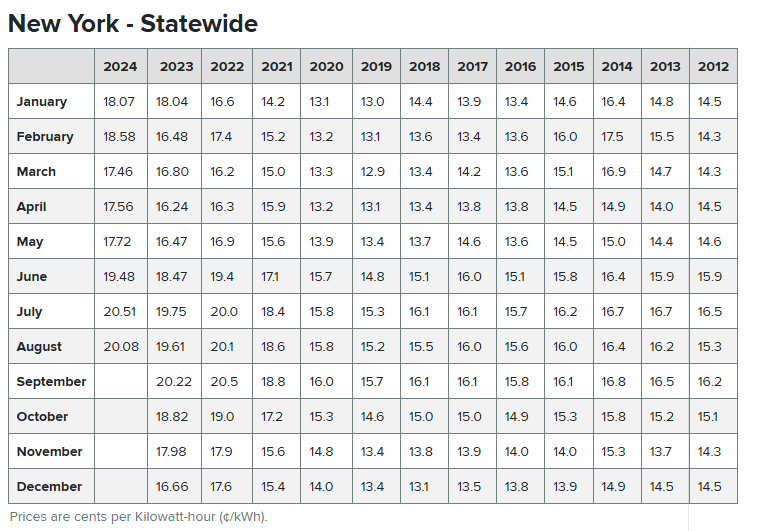
Finding the Right Electric or Natural Gas Supplier in New York
While you can compare commercial electricity and natural pricing online, it is not something we recommend because pricing is greatly affected by:
- Your load factor and load profile. Not sure what these are? This article explains them in depth.
- Your rate class e.g. commercial or industrial.
- Total annual usage.
- How your business is zoned.
- Transportation costs (specifically for natural gas)
This is why you will almost always get better pricing by reaching out to suppliers individually and giving them a copy of your bill. The only downside is that there are many suppliers in New York that have great pricing, and getting quotes from each is time consuming.
This is where brokers like us at Consumer Energy Solutions come in.
Why CES?
Pricing: Over the past 24+ years we have enrolled over 519,000 businesses and have built strong relationships with the best suppliers in New York. This allows us to negotiate preferential pricing for our clients.
Simplicity: With dozens and dozens of suppliers to choose from, finding the right supplier in New York’s energy market can be clunky, complex, and overwhelming due to the sheer amount of choices available to businesses. Let our energy experts handle the leg work for you, so you can focus on what matters: growing your business.
Market Expertise: Following federal and local regulatory changes, monitoring the global energy market, and understanding how all of this affects energy prices in your territory is not only time-consuming but likely also is not a practical use of your time.
Our Process
Our entire job is to take the stress and work out of finding the correct energy supplier who will give you the most favorable contract and best price available today.
1. With a copy of your bill(s), we analyze your historical usage, rate class, zone, and load profile along with the number of accounts you manage to see what type of rate is best for your business and what suppliers fit your specific needs best.
2. We get quotes from the top suppliers in your area leveraging our relationships to negotiate preferential rates for your business.
In most cases we are able to get better rates than you will from suppliers because:
-
- We place tens of thousands of businesses a year with suppliers and we use that to negotiate lower rates.
- We get suppliers to compete against each other to earn your business.
3. Once we have the agreement between you and the energy supplier we will walk you through the terms and conditions, legal information, cancellation fees, and answer any other questions you may have before you sign.
Once everything is signed you’ll be introduced to one of our customer service representatives who will assist you with any future questions.
4. Lastly, your energy consultant will monitor the energy market and your account identify the best times to renew your contract with your existing supplier or get a new contract with a competitor that has lower pricing.

Types of Energy Plans Available in New York
How much energy your business uses, the total number of locations, whether you have multiple shifts, etc., all influence what type of rate will suit your business best. However, most businesses do best with a standard fixed rate.
Fixed-Rate
A fixed-rate plan, as the name suggests, will have a firm and unchanging price that will last the length of the contract. No matter the weather–hot or cold–severe storms, or even market volatility, the fixed rate will not change for the length of the contract. These contracts are typically for 6, 12, 24, or 36 months, but can go up to 5 years. Fixed-rate energy plans in New York are the most commonly used plans, and the plan that we recommend using in most circumstances.
Variable-Rate
Variable-rate plans change month-to-month based on the fluctuations in the market. Because of this there is a chance for the rate to drop and you will pay less for a period, but there’s also a chance that the rate could go much higher. Factors that can cause this include oil & natural gas pipelines being shut down, world events, government regulations/tax changes, or an infrastructure problem. This all means that your monthly electricity bill will not be the same month-to-month, and you may end up with a surprise. We don’t recommend variable-rate plans in most circumstances.
Blend and Extend
Blend and extend contacts are used for businesses under contract that want to take advantage of a large dip in energy pricing. Essentially the business works with its supplier to lower its rate today even though it’s under contract and in exchange agrees to extend the contract with the supplier.
Imagine your business is paying 10¢ per kWh in an electric contract, and you’re currently in the second year of a two year contract. Let’s say prices have dropped to 7¢ per kWh. You could lock in today’s lower rate and blend it with the contract you have. The new longer term might be 8-8.5¢ throughout the entire term of the contract.
The benefit of this type of contract is it can reduce your business’ energy costs immediately. You can take advantage of today’s down market instead of having to pay a higher rate from an older contract.
Index
An indexed rate electricity plan is similar to a variable rate plan, in that your price will change on a regular basis. The difference is that indexed plans are tied to a published market price, like the cost of natural gas. Businesses can take advantage of price volatility to competitively plan and manage the quantity of electricity they consume based on anticipated hourly prices. Manufacturers, for example, can opt to use more electricity at off-peak hours.
Block and Index
Block and Index Contracts give you power to blend the benefits of fixed and index rates, giving your business greater control over your energy budget. These contracts offer flexibility to secure fixed prices for specific portions of your load while letting the rest, the unfixed portion, remain on the market-based index rate. With this approach, your business has flexibility in what percentage of their energy is purchased in blocks. The blocks available for purchase will vary by market.
This can be very beneficial for businesses that use energy 24/7 like large manufacturers. They can utilize a fixed rate for on-peak hours where prices are highest and take advantage of the cheaper off-peak hours (nighttime/early morning).
There are other types of custom pricing for ultra specific needs but generally speaking, these 5 are used the vast majority of the time.
Energy Deregulation in New York
New York is unique among States in that it deregulated its energy system in 1999 and founded the New York Independent System Operator (NYISO). This organization manages the electrical grid of New York and helps to maintain a competitive marketplace of energy companies in New York so that residents can get the least expensive energy possible.
Because the NYISO provides transparency in both data and analysis of energy consumption and prices, it forces energy companies to be more competitive and efficient. This, when working correctly, provides the best service and the best prices to businesses. Through this transparency, businesses can shop around when it comes to energy companies, taking advantage of the best energy rates in New York.
The Public Service Commission of New York State (PSC)
The PSC is a watchdog of sorts that protects utility customers when it comes to service quality, competition, and metering. The PSC was instituted to make sure that the entire system remains fair for all, and that all residents of New York State have access to reliable energy at fair prices–the best energy rates in New York possible.
As such, the PSC is very powerful because every business relies on the PSC as it regulates utilities such as natural gas, electricity, water, and telephone companies. The PSC maintains the NYS Power To Choose charts which present accurate reporting of rates and availability of utilities in certain areas
Utilities vs. Energy Providers/Suppliers
Utility companies maintain and operate the infrastructure of the energy system, including power lines, transformers, etc. These companies transport electricity and natural gas from the generators to your business. New York’s local utility companies include Con Ed, New York State Electric and Gas, Central Hudson, and PSEG Long Island.
Energy suppliers like Direct Energy, Constellation, or Nextera produce or buy electricity and natural gas and then sell it to customers in deregulated states like New York. This gives your business the power to choose who you purchase your energy from and for what price and then your local utility delivers it.
Renewable Energy in New York
New York’s renewable energy is managed by the New York State Research and Development Authority (NYSERDA). It gives data and analysis, technical expertise, and funding for the purpose of growing New York’s reliance on renewable energy options.
It is possible, and quite easy, for consumers to switch to a renewable energy plan in New York. Those plans, however, can have some unique challenges such as limited capacity or increased costs on some occasions. If a renewable energy plan interests you contact us today to check availability and if these plans can meet your business’ needs.
Take Control of Your Energy Bills
FAQ
Will I get 2 bills if I switch?
If you are in an area that requires a separate bill, our energy experts will let you know and answer any additional questions.





